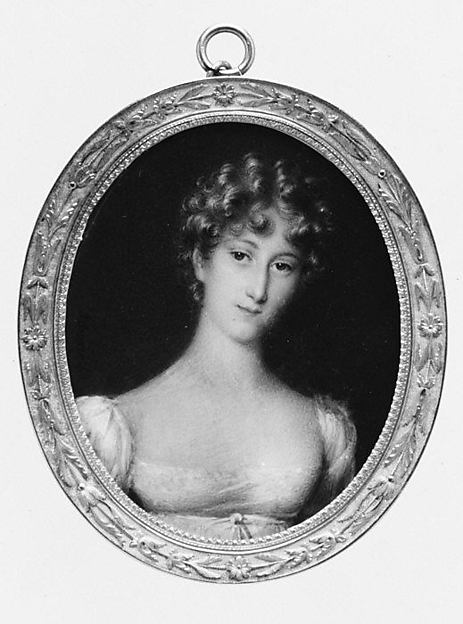Classic poem of the day
I was not aware of you till yesterday,
Hidden, impalpable, the dual I.
There was till then but one self to deny,
One self to feed, to order, to obey ...
But now there is you — you who know everything,
Sharing one mouth, one glance, one habiting,
One speech for thought more far, more alien
Than the salt water from the honey comb.
Two hands twice-willed beneath one common skin
To different gestures, one small carnal home
Furnished for w......
Member poem of the day
These are poems about the homeless and poems for the homeless.
Epitaph for a Homeless Child
by Michael R. Burch
I lived as best I could, and then I died.
Be careful where you step: the grave is wide.
Homeless Us
by Michael R. Burch
The coldest night I ever knew
the wind out of the arctic blew
long frigid blasts; and I was you.
We huddled close then: yes, we two.
For I had lost your house, to rue
such bitter weather, b...
